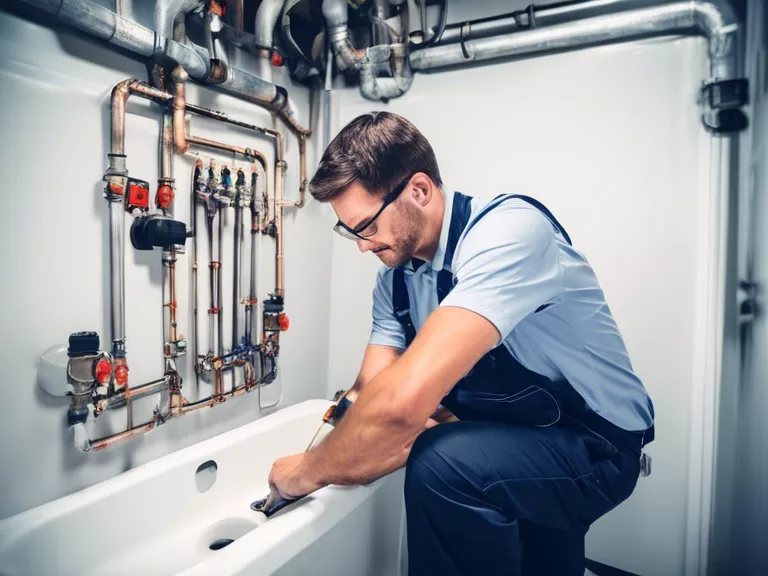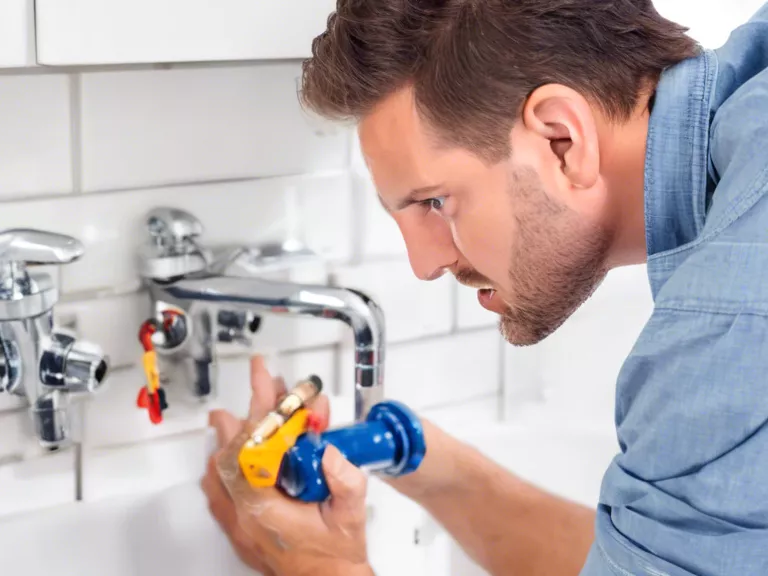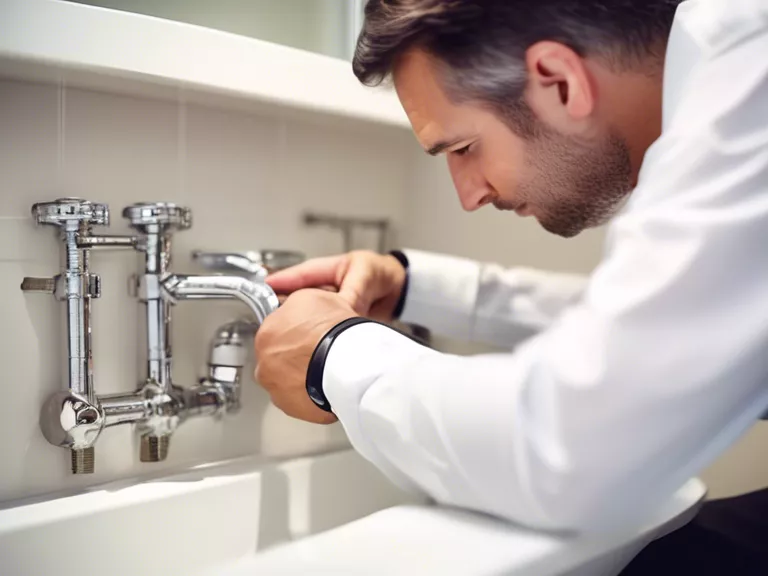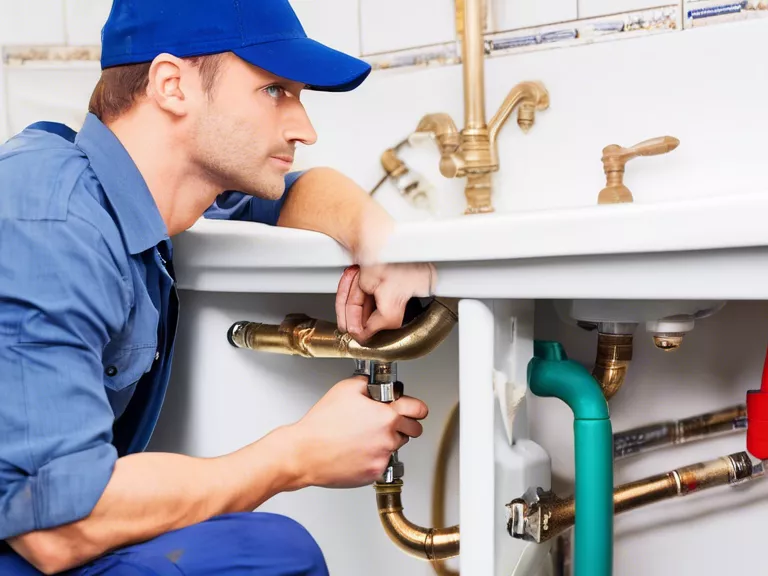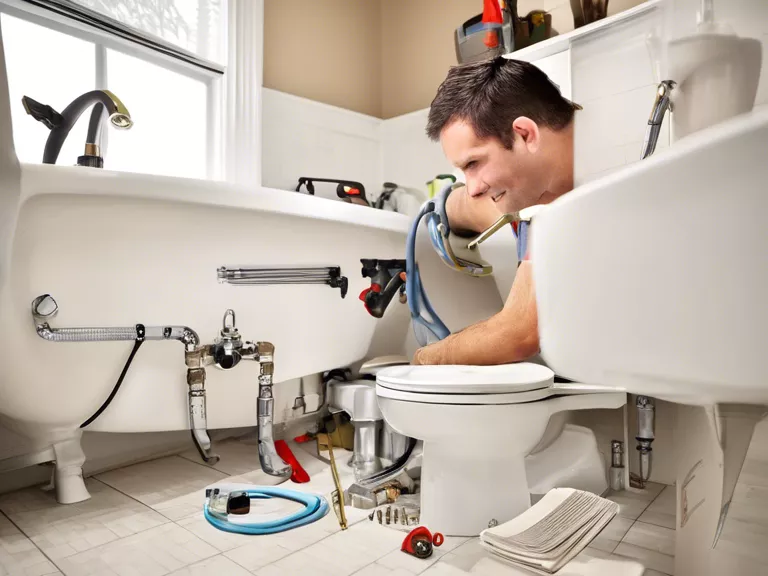
Introduction
Proper plumbing is essential for every homeowner to maintain a functional and comfortable living space. Understanding the basics of plumbing can help homeowners prevent common issues, save money on repairs, and ensure the longevity of their home's plumbing system. In this guide, we will cover the essential plumbing knowledge every homeowner should have.
Importance of Plumbing Education
Having a basic understanding of plumbing can empower homeowners to troubleshoot minor issues, make informed decisions when hiring professionals, and take preventive measures to avoid costly repairs. By educating yourself on plumbing essentials, you can maintain your home's plumbing system efficiently and effectively.
Common Plumbing Tools
1. Plunger
A plunger is a simple yet effective tool for clearing clogged drains and toilets. Every homeowner should have a plunger in their toolkit to tackle minor blockages quickly.
2. Adjustable Wrench
An adjustable wrench is crucial for tightening or loosening fittings, nuts, and bolts in plumbing fixtures. It is a versatile tool that can be used for various plumbing tasks.
3. Pipe Wrench
A pipe wrench is specifically designed for gripping and turning pipes and fittings. It is essential for tasks that require a strong grip, such as installing or repairing plumbing pipes.
4. Pipe Tape
Pipe tape, also known as Teflon tape, is used to create a tight seal between threaded pipe fittings. It helps prevent leaks and is a must-have item for any plumbing project involving threaded connections.
Basic Plumbing Maintenance
1. Check for Leaks
Regularly inspecting your plumbing fixtures for leaks can help you detect issues early and prevent water damage. Look for signs of dripping faucets, water stains, or mold growth, and address any leaks promptly.
2. Maintain Drains
To prevent clogs in your drains, avoid pouring grease, food scraps, or other debris down the sink. Use drain strainers to catch hair and debris, and periodically flush drains with hot water to keep them clear.
3. Monitor Water Pressure
Monitoring your home's water pressure can help you identify potential plumbing problems. High or low water pressure can indicate issues with your pipes or fixtures that may require attention.
Hiring Professional Help
While homeowners can handle minor plumbing tasks, some issues require the expertise of a professional plumber. When hiring a plumber, ensure they are licensed, insured, and have a good reputation. Get multiple quotes for comparison and ask for references before making a decision.
Conclusion
By educating yourself on plumbing essentials and practicing basic maintenance, you can keep your home's plumbing system in good working condition. Remember that prevention is key to avoiding major plumbing problems, and being proactive in addressing issues can save you time and money in the long run. Stay informed, stay prepared, and enjoy a well-maintained plumbing system in your home.
